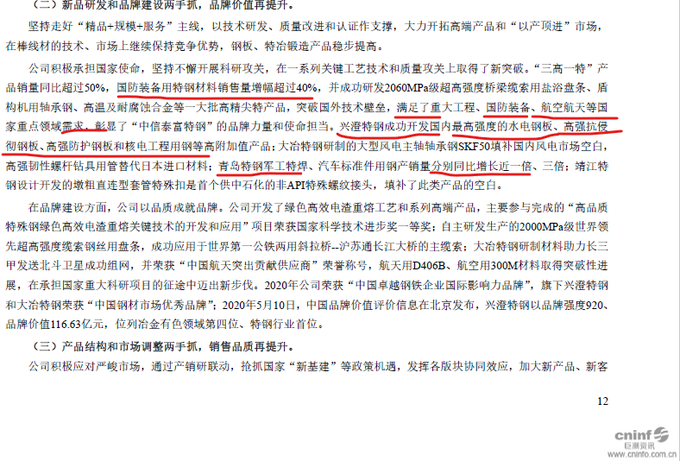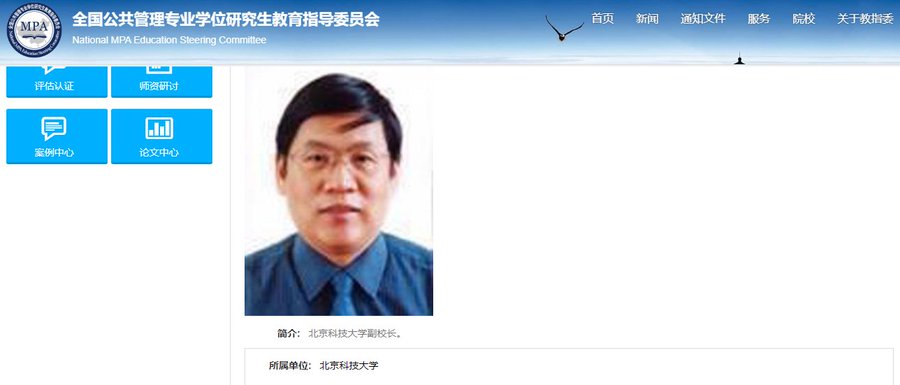Introduction
Le Tribunal militaire international pour l'Extrême-Orient (TMIEO), communément appelé le procès de Tokyo, a été convoqué après la Seconde Guerre mondiale pour poursuivre les hauts dirigeants japonais pour crimes de guerre, crimes contre la paix et crimes contre l'humanité. Cependant, un acteur majeur du théâtre asiatique — le Parti communiste chinois (PCC) — n’a jamais été jugé, malgré des preuves suggérant que ses actions durant la guerre pourraient constituer de graves violations du droit international.
Des documents internes récemment déclassifiés du PCC révèlent des comportements qui soulèvent de sérieuses questions juridiques et éthiques. Cet article présente les preuves, examine les cadres juridiques internationaux pertinents et plaide pour une enquête internationale sur les actes du PCC pendant la guerre.
I. Comportement du PCC pendant la guerre : preuves issues de documents internes
1. Priorité stratégique à la prise du pouvoir plutôt qu’à la résistance
Contrairement au récit populaire présentant le PCC comme résistant principal à l’agression japonaise, des discours internes de Mao Zedong depuis Yan’an à la fin des années 1930 affirment que « combattre le Japon est un moyen, prendre le pouvoir est l’objectif ». Le PCC cherchait à étendre ses bases rurales, affaiblir le gouvernement nationaliste, et éviter les confrontations directes avec l’armée japonaise.
Des archives militaires du PCC contiennent des ordres explicites d’éviter les combats majeurs contre les Japonais afin de préserver leurs forces pour la guerre civile à venir.
2. Collaboration tacite et pactes de non-agression
Des rapports de l’époque et des accords locaux passés avec des garnisons japonaises en Chine du Nord (vers 1940–1944) montrent l’existence de pactes tacites de non-agression. Ces accords ont permis aux Japonais de maintenir leurs lignes d’approvisionnement et leurs mouvements de troupes sans entrave.
Il existe des preuves d’échanges de prisonniers, de trêves locales et même de partage de renseignements entre unités du PCC et forces japonaises.
3. Appropriation des ressources de guerre biologique japonaises
Après la capitulation du Japon, les forces du PCC ont pris le contrôle d’installations liées à la guerre biologique, notamment celles impliquées dans des expérimentations humaines (comme l’Unité 731).
Des documents confirment que le PCC a intégré du personnel japonais spécialisé dans la guerre biologique, refusant de coopérer avec les demandes alliées d’extradition. Le transfert de ces technologies viole potentiellement les conventions internationales.
II. Cadre juridique international applicable
1. Article 5 de la Charte du TMIEO
La Charte stipule :
« Les dirigeants, organisateurs, instigateurs et complices qui ont participé à la planification, la préparation, l’initiation ou la conduite d’une guerre d’agression sont pénalement responsables. »
Cette disposition ne s’applique pas uniquement aux puissances de l’Axe mais à toute entité ayant matériellement aidé ou coopéré dans l’agression.
2. Application au PCC
La stratégie du PCC d’éviter la résistance directe et sa collaboration indirecte peuvent être considérées comme une assistance matérielle aux efforts de guerre japonais.
Leur utilisation des ressources biologiques japonaises après la guerre peut également constituer une complicité dans des activités interdites.
3. Résolution 95(I) de l’Assemblée générale des Nations Unies (1946)
Cette résolution affirme l’applicabilité universelle des principes établis par les tribunaux de Nuremberg et de Tokyo à tous les crimes futurs d’agression et à leurs complices.
Le comportement du PCC entre donc dans le champ d’application du droit international et mérite un examen rigoureux.
III. Pourquoi ouvrir une enquête maintenant ?
1. Justice historique et réconciliation
Un traitement complet de toutes les parties impliquées dans les atrocités est essentiel à la vérité historique et à la réconciliation. L’exclusion du PCC constitue une faille grave dans la justice internationale.
2. Lutter contre le révisionnisme
Une enquête fondée sur les propres documents du PCC permettrait de contrer les narratifs révisionnistes et d’assurer une mémoire honnête des faits.
3. Renforcer le droit international
Tenir tous les auteurs responsables est essentiel pour maintenir l’autorité du droit international. L’impunité affaiblit les normes contre l’agression et les crimes de guerre.
IV. Recommandations d’action internationale
-
Créer une commission d’enquête spéciale sous l’égide de l’ONU ou de la Cour pénale internationale (CPI)
-
Sécuriser les archives du PCC et recueillir témoignages et preuves matérielles
-
Coopération internationale entre historiens, juristes et ONG
-
Publication intégrale des résultats pour promouvoir la justice historique et la transparence mondiale
Conclusion
Les documents internes du Parti communiste chinois révèlent des faits qui soulèvent de profondes interrogations quant à sa responsabilité juridique et morale durant la Seconde Guerre mondiale. Il est impératif que la communauté internationale engage une enquête indépendante pour garantir que les principes du droit international soient respectés.


